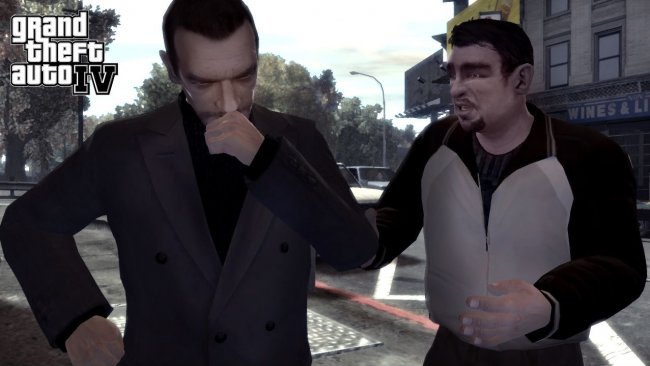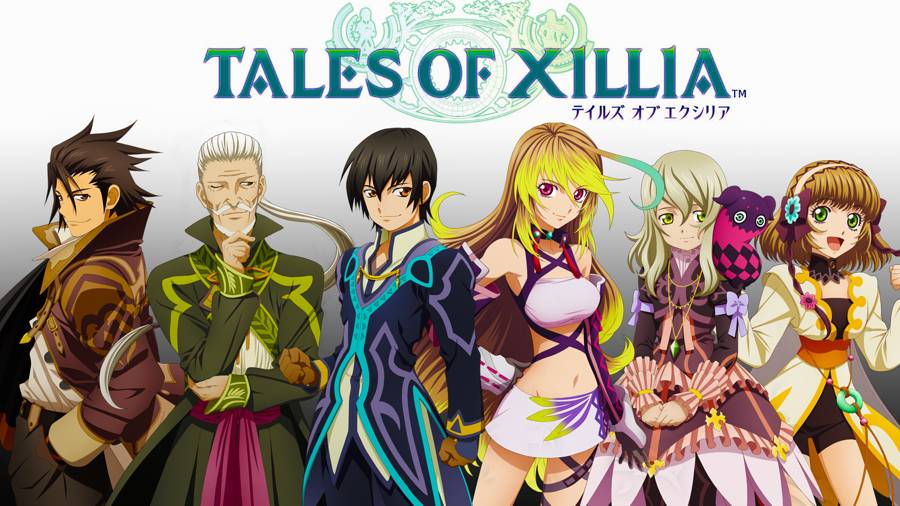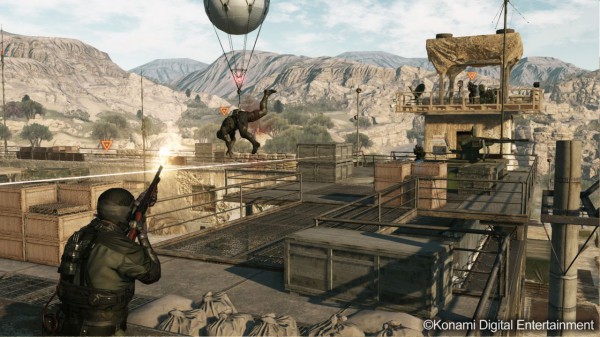

Now, I know it has been quite a few months since I've last wrote anything, and I do apologize. Life does have its ways with me, plus I've been working on a few things in my absence. You should see that in my bio update. Anyways, there has been something I've been wanting to question such as the state of games. To be a bit more specific, the state of fighting games in particular. Why? because it seems like over the years they want to appeal to a broader audience so to speak. There is nothing wrong with that, for the newcomers are going to be the possible life blood for your game, and you need to bring in as many people as possible.
Take Tekken for instance, for this game is very well known throughout the history of fighting, coming 2nd to street fighter. Anyways, for people who have played Tekken 2 and 3 know that it was one of the easiest games to pick up and play. People have their favorite characters and had a blast playing it with their friends. As the game began to grow, Namco took it a step further and created a spin-off of the gamed called Tekken Tag Tournament. It really blew people's minds to the fact you could play 2 characters at once, let alone you and a friend being on the same team.
Fast forward oh say 10 years.. and you finally get Tekken Tag Tournament 2, in which Fans of the series have been literally begging for years on end. I myself was one of those fans. Playing the game felt like dreams were coming true, recalling the times I use to sit and play the first one into the ground for hours on end. While excited to play, as time went on, it became painfully apparent that unless you been playing a few Tekken games in the past, you are not going to understand all the new moves they put in, with the old ones still being there.
To myself this is fine, because I was able to adapt to the extra content. However, to the recent uproar of new fighters in this generation, this game is by far one of the most difficult to pick up straight away. Sure, you have the combat mode that shows you about every dynamic of the game to help you understand it better, but it's not that quick of a "pick up and play sort of deal". Street fighter on the other hand, has been something completely different. It is still very simple to pick up and play, however still has enough depth to where you need to master your character's strengths, as well as being aware of their weaknesses.
I'm still on the philosophy of anyone can beat anyone in Super Street Fighter 4: Arcade Edition, just depends on the player's skill. It's one of the most balanced games out there. However, other countries that play with us via tournaments were laughing at the USA for a while, because we didn't have that many fighters to represent us properly. It wasn't until Evolution 2009 that the fighting scene began to grow with the release of what we like to call vanilla street fighter 4. Skip over to Evolution 2012 that recently passed, and you saw a slew of different people using all types of characters for Arcade edition. It was a very welcomed site indeed.
The problem tackling fighters today is that the players that would like to get into the games like that, want to bust out those 10 hit combos with ease, choosing that one character that beats everyone else, basically having easy mode. What's worst is they hop on youtube and they see these veteran fighters beating people with that one character, and instantly go to that character because they watched someone else do it. It is admirable, but at the same time people fail to realize that those people put in numerous hours to learn their character. Ask any veteran fighter, they will all tell you it wasn't a day 1 pick up and become a pro at the game.
Final Thoughts:
If you want to be good at a fighting game, then actually take the time out to learn the fundamentals and then choose a character that fits your playstyle. Too many a time people ask "what is the top tier character of this game, or who is the best overall", and it really becomes irritating. To summarize, too much imitation, not enough originality.




 The Week in Review: Video game movies, Unreal Engine and Tiny Wings is back
The Week in Review: Video game movies, Unreal Engine and Tiny Wings is back Generations Greatest
Generations Greatest Tales Of Xillia Guide: Xian Du Side Quest Guide
Tales Of Xillia Guide: Xian Du Side Quest Guide Finding The Vivaldi Bank In The Witcher 3
Finding The Vivaldi Bank In The Witcher 3 Metal Gear Solid 5: The Phantom Pain Episode 5 – Over the Fence
Metal Gear Solid 5: The Phantom Pain Episode 5 – Over the Fence